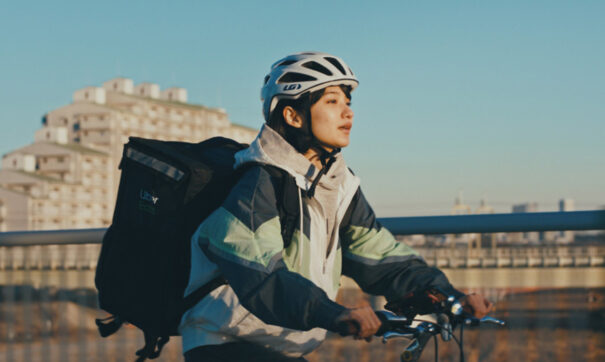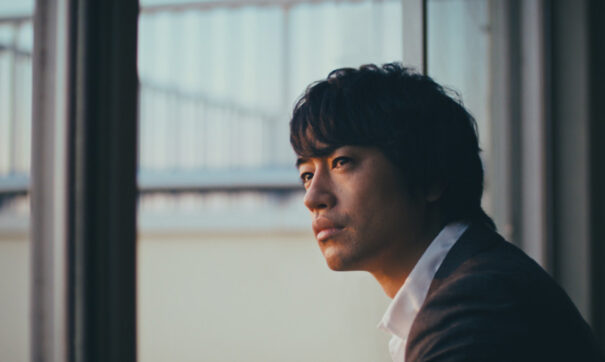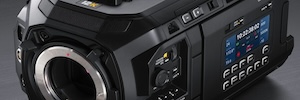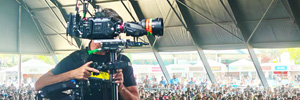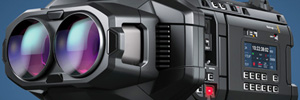Hulu shoots ‘Iki wo Hisomete’ with Blackmagic Design URSA Mini Pro 4.6K G2
The Japanese Hulu Originals series Iki wo Hisomete was shot on Blackmagic Design’s URSA Mini Pro 4.6K G2 camera. DaVinci Resolve Studio was also used for post production.
Iki wo Hisomete is an eight-episode series directed by award-winning Japanese director Ryutaro Nakagawa featuring some of the country’s top actors. The drama, airing from April 23, depicts the lives and relationships of people living near the Tama River during the Covid-19 pandemic in 2020.
O Blackmagic URSA Mini Pro G2 was used as the main camera for the series. Senzo Ueno, director of photography, said he chose Magia negra equipment “because it has a wide range of latitude.” “The series is a rather quiet story, so I kept camera movement to a minimum and used natural light as much as possible,” he notes.
Remote post-production
Genta Tamaki (Interceptor Inc.) performed the edit remotely during the confinement period using Estúdio DaVinci Resolve software. Tamaki was able to connect his studio and home via a VPN network, which was his solution for accessing the server. “When I work alone, I edited at home with my M1 Mac Book Pro and a DaVinci Resolve Speed Editor. When I edited at the studio with the director attending the editing session, it was a simple workflow. I opened the same project I had worked on and continued editing using DaVinci Resolve Editor Keyboard,” explains Tamaki.
The post-production manager highlights the fast synchronization of audio and video as one of the advantages of the Blackmagic Design software: “DaVinci Resolve lets you sync video and audio in a second if timecode is in sync. I asked the production crew to embed metadata, such as scene and take number in audio. Once video and audio material arrived to me, I synchronized video and audio in the Media page of DaVinci Resolve. Then the metadata embedded in audio linked to video as well, which means preparation for edit was done with a single button click. It was so efficient as I could start editing right away and it also means reducing post production cost. DaVinci is more powerful than the other NLEs in this aspect.”
SDR and HDR versions
Senzo, on the other hand, paid special attention to SDR and HDR processing, one of the production requirements. As he comments, DaVinci rose to the occasion: “The director wanted the tone of video and movie which I posted in my Instagram, which is rather matte and pictorial. For that kind of tone, too much latitude is not really necessary, and I purposely crushed some detail so it didn’t show too much. So, when I heard that we would make it in HDR, I was a bit skeptical about the necessity of an HDR version. However, I was surprised when I saw the graded result from DaVinci.”
The tone that I aimed for was still there, while more subtle detail and solidity of subject capture by G2 were increased. There are many scenes of morning sun and sunset. Seeing them in HDR was stunning and they were really nice images,” concludes Senzo.
Gostou deste artigo?
Subscreva o nosso Alimentação e você não vai perder nada.



